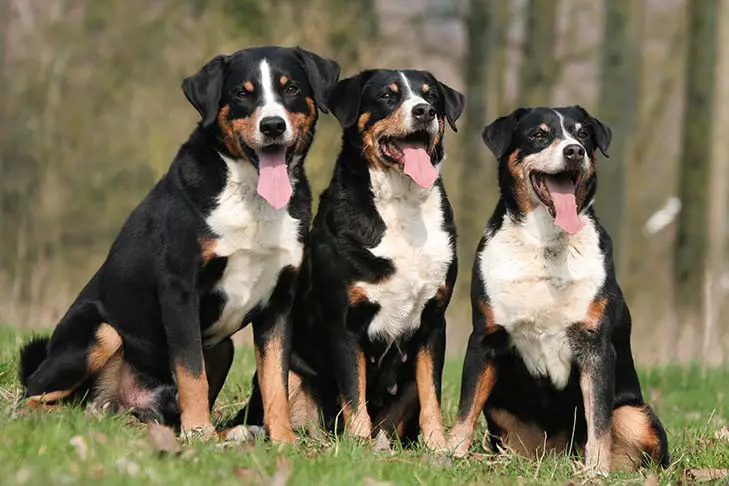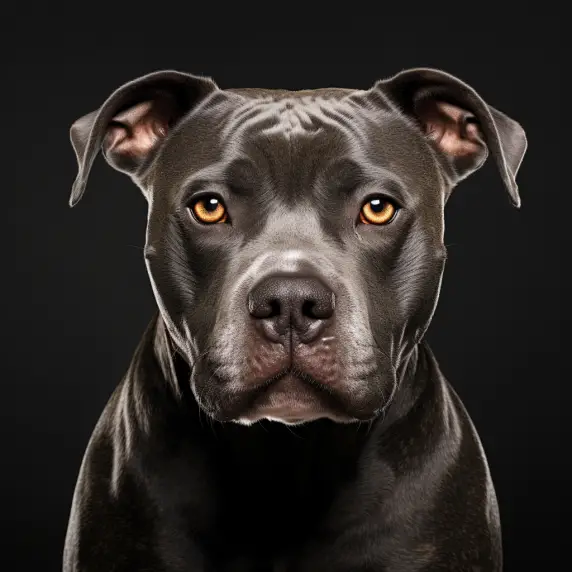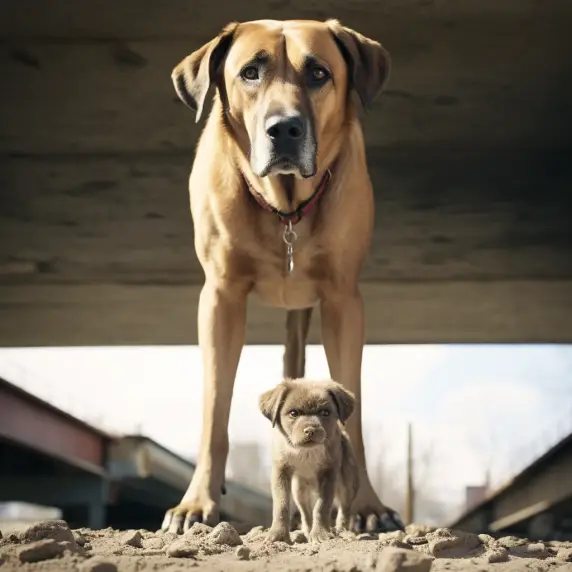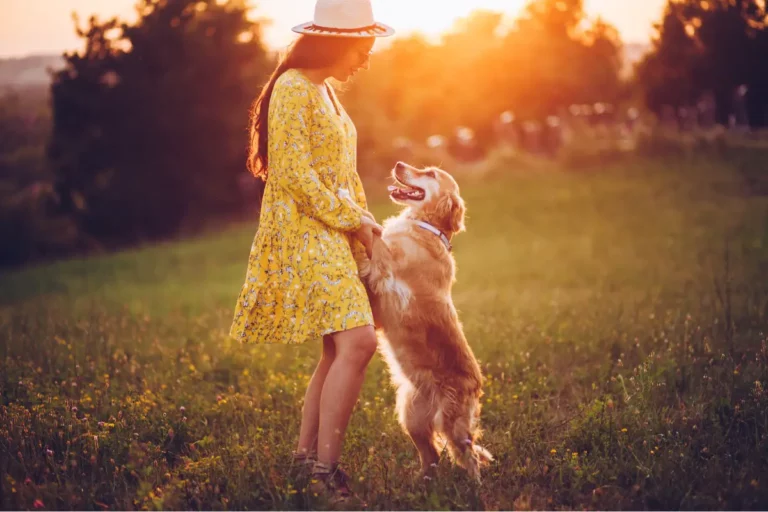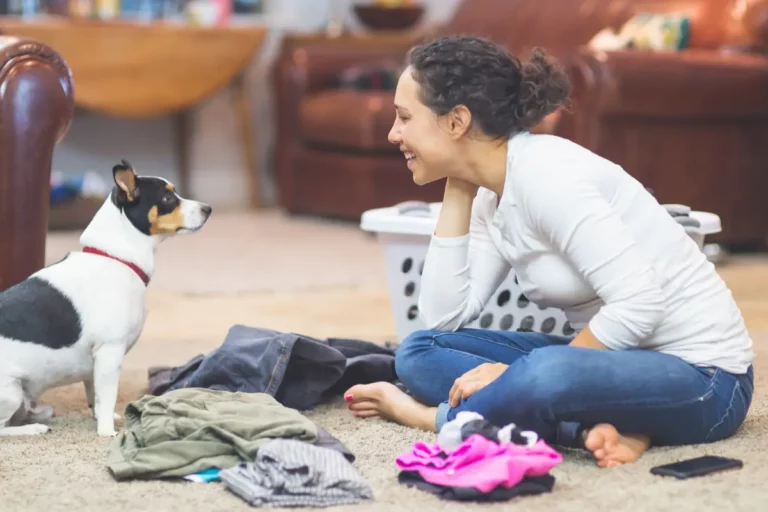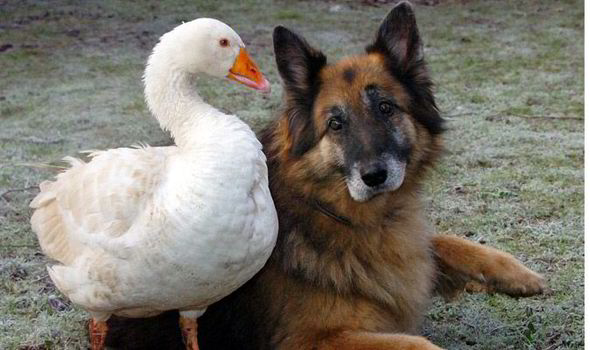Why is My Dog Panting at Night? [4 Reasons]
Does your dog have a raspy, noisy breathing pattern at night, or when they’re sleeping? If so, it’s possible that your pup is panting due to stress, anxiety, or some other type of discomfort.
In this article, we answer the question ‘why is my dog panting at night?’, detailing what may be causing your dog to pant at night and how you can help them get the restful sleep they need.
Key takeaways
Night-time panting can signify distress or discomfort.
Heat and dehydration are common triggers for panting.
Some medical conditions can lead to excessive panting.
Anxiety or stress could cause panting at night.
Always consult a vet if unusual panting persists.
Why is my dog panting so much?
Panting is normal after exercise or excitement. However, if it occurs in mild weather conditions or during the night-time when it is cooler then it could be cause for concern.
Make sure to check your dog’s breathing and take him to the vet if panting becomes frequent or worrisome.
Panting at night in dogs can indicate a number of different conditions.
- One of them is Cushing’s Disease, which occurs when the bloodstream has too much cortisol. Other signs of Cushing’s Disease include increased thirst and hunger, frequent urination, hair loss, and an abdominal distension or pot-bellied appearance. These symptoms are more common in senior dogs and can lead to excessive panting.
- Panting at night could be a sign that your dog is experiencing respiratory issues. This problem can cause difficulty breathing and a lack of oxygen being circulated through the body. Often this can make it hard for your dog to get the oxygen they need. Other signs to watch out for include changes in their tongue color (from pink to blue, purple or grey). If you spot any of these symptoms, make sure to bring your pup to their veterinarian immediately for further treatment.
- Heart disease can also be the culprit for your dog’s excessive panting at night. Not only can heart disease or failure cause excessive panting and coughing, it can also make it difficult for your pup to breathe. Look out for signs of hard breathing after short walks or periods of activity as these may be indicators of heart issues.
- Panting at night is not a normal behavior in dogs, and it could be due to heatstroke. Heatstroke happens when the temperature outside is too hot for a dog’s body, usually above 106°F (41°C). It can lead to dehydration and, in extreme cases, even death. Dogs with short noses such as pugs are more at risk of getting heatstroke. Needless to say, never leave your dog alone in a car during warm weather as they may overheat.
Why is my dog panting at night?
Some other common reasons of panting in dogs during the night include:
- Stress or anxiety: Dogs may pant at night due to stress or anxiety. This is often caused by events such as loud thunderstorms or fireworks or can be due separation anxiety. If your dog appears anxious, you should assess the situation and try to identify the source of their distress. Address the problem if possible.
- Environmental factors: High night-time temperatures can be more difficult for puppies and senior dogs to regulate. Allergies not treated may contribute too. Uncomfortable sleeping conditions can lead to restlessness and cause your pet to pant to try and cool down.
- Pain or discomfort may cause a dog to pant or pace at night. Injuries and conditions like arthritis that can be painful for the animal are common causes of this behaviour. Allergies is also a possible underlying issue with night-time panting and pacing in dogs.
- Cognitive Disorder (dog dementia): Dogs affected by this disorder will often have unusual changes in their sleeping habits. This can often include frequent episodes of panting, pacing and restlessness
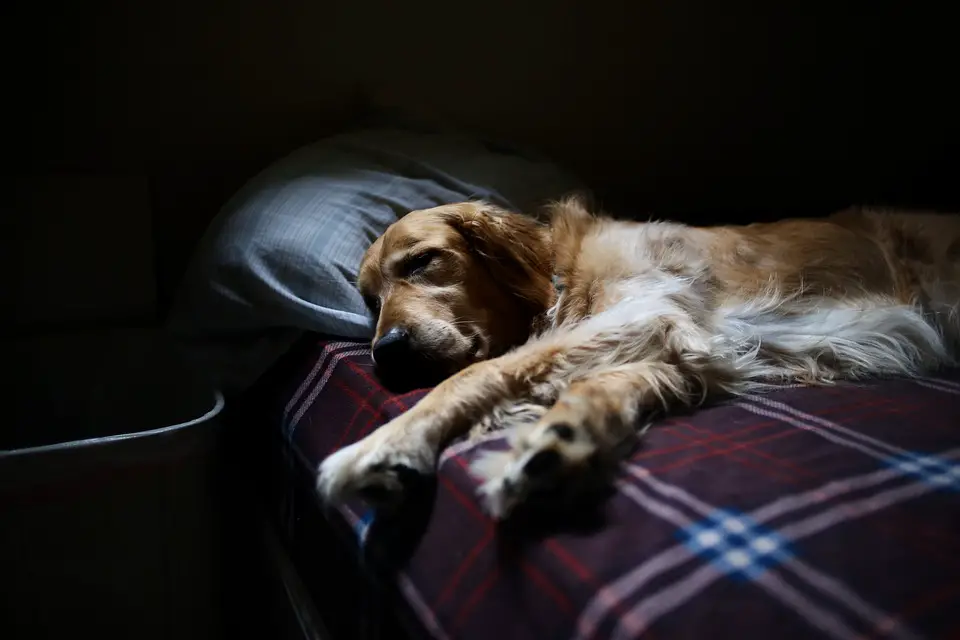
If your dog’s night-time panting is severe or persists despite efforts to address the underlying causes, then it’s best to take your pup to see a vet for further evaluation.
What is my dog thinking?
Panting can be a sign of discomfort or stress. If it’s happening frequently, your dog might be trying to tell you that something’s not quite right.
How to Prevent You Dog from Panting at Night?
1. Check for Potential Health Problems.
Dogs pant at night for a variety of reasons. One of the first things you should do is to check for any potential underlying health problems.
Difficulty breathing, heart issues, and allergies are some possible causes that may need medical attention.
If your pup’s panting is accompanied by other symptoms such as vomiting, diarrhea, rash, or loss of appetite, seek professional help right away.
2. Make Sure Your Dog Is Not Too Hot or Cold.
Temperature can also be a factor when it comes to night-time panting.
Dogs can become overheated if the room is too hot, or too cold, if the temperature drops below their normal comfort level.
So, make sure you adjust the thermostat for your pup’s ideal comfort zone and provide plenty of bedding to keep them warm on colder nights.
If that doesn’t help, medical causes may be to blame and should be examined by your vet right away.
3. Ensure That Your Dog Is Well-Exercised.
Making sure that you provide your pup with enough exercise is also important if you want to prevent panting at night.
Exercise not only helps keep them fit, it also keeps their brains active by stimulating their senses and helping them release excess energy.
Take your dog for walks, play fetch or tug-of-war in the backyard. Explore new areas on hikes. Find activities that will engage your pup’s energy and help reduce anxiety.
4. Create a Calm Sleeping Area for Your Dog.
Set up a sleeping area for your dog in a calm and comfortable part of the house. Use bedding that is made from warm and cosy materials. This an important part of giving them a chance to rest.
Keeping their bed nearby or in the same room can create an extra sense of safety or security as well.
Avoid setting up their sleeping area near electronics or anything noisier than a fan that could add to night-time panting – select a space where your pup can feel peaceful, secure, and relaxed.
5. Spend Quality Time with Your Pet Before Bedtime.
Spending quality time with your pup before bedtime (as well as throughout the day) can be an important factor in helping them relax.
Try to create a nightly routine, such as going for a walk around the block or cuddle session with treats and toys.
And, if possible, keep your pup in the same room as you while sleeping – this can provide extra comfort and help reduce their night-time panting.
Final Thoughts
Panting at night in dogs can be attributed to various factors, from physical discomfort to emotional distress. While it’s a normal response to heat or exercise, excessive panting, especially at night, may indicate a health problem.
It’s crucial to keep an eye on your furry friend’s behavior and consult a veterinarian if you notice any sudden changes or prolonged panting. Remember, your pet’s health and comfort are paramount, and understanding their behavior helps ensure they lead a happy and healthy life.

